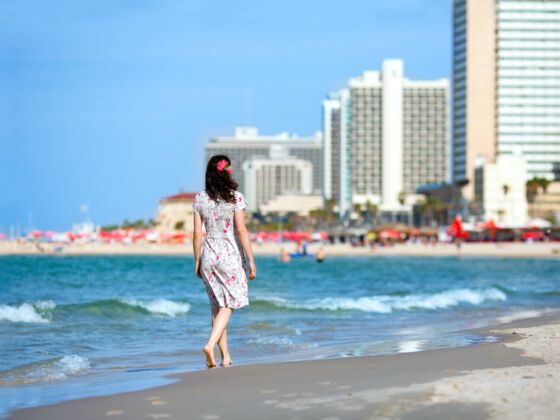YOU’LL SEE the checkpoints, the wall, a Palestinian protest, and you’ll want to take sides like your favorite agenda-pushing non-profits will urge you to do. If you go with your mind made up, you’ll find people, bitter people, who will tell you exactly what you want to hear. You’ll think you were proven right, and you’ll leave feeling smug.
Wherever you go and for whatever the reason, people will be political and tense in a way that’s palpable, scrutinizing each other constantly. They’ll tell you how the Palestinians have wronged them, how the Israelis have destroyed them.
Listen to them, all of them, and they’ll teach you something about taking sides.
